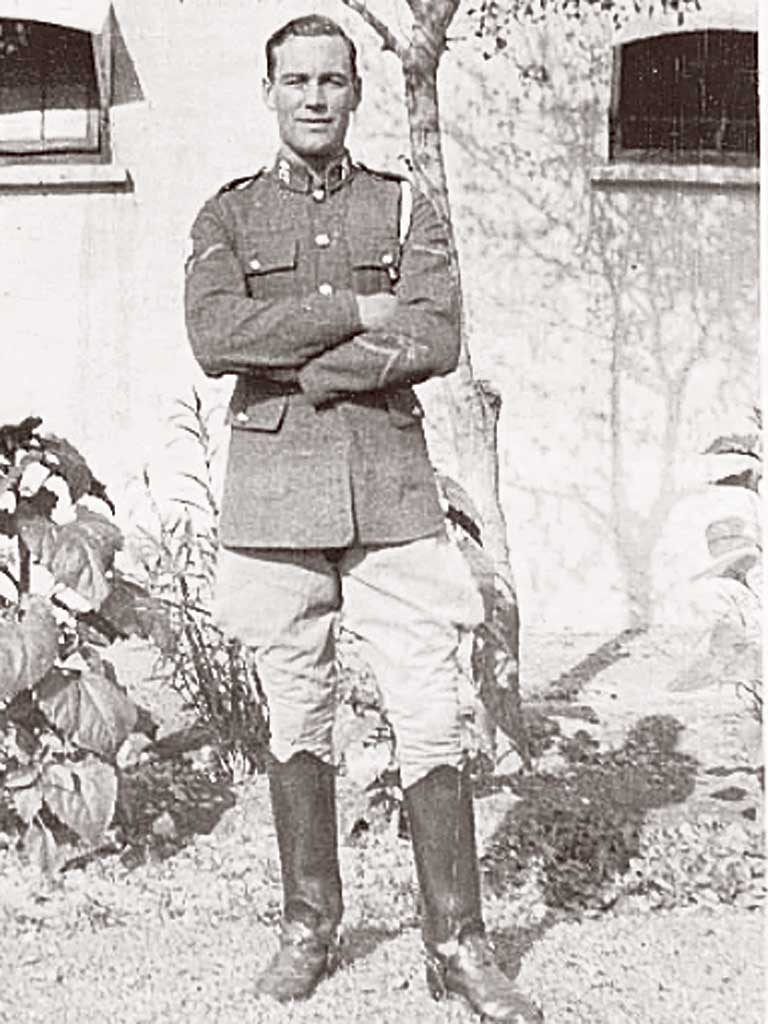
Your support helps us to tell the story
From reproductive rights to climate change to Big Tech, The Independent is on the ground when the story is developing. Whether it's investigating the financials of Elon Musk's pro-Trump PAC or producing our latest documentary, 'The A Word', which shines a light on the American women fighting for reproductive rights, we know how important it is to parse out the facts from the messaging.
At such a critical moment in US history, we need reporters on the ground. Your donation allows us to keep sending journalists to speak to both sides of the story.
The Independent is trusted by Americans across the entire political spectrum. And unlike many other quality news outlets, we choose not to lock Americans out of our reporting and analysis with paywalls. We believe quality journalism should be available to everyone, paid for by those who can afford it.
Your support makes all the difference.Matthew Kelly, known to everyone as Paddy, was born in Dublin on 6 January 1916. His father, Laurence, served with the Machine Gun Corps on the Western Front and was killed at Ypres in 1917. Paddy's mother, Ellen, remarried after the war – and Paddy, one of seven children, spent an idyllic childhood having Huckleberry Finn-style adventures with his brother Terry.
After attending school sufficiently frequently to scrape through, he left to work in the family dairy business; but despite (allegedly) having the fastest pony and trap in Dublin, he decided that life would be more exciting if he were to run away and join the British Army, which he did at the age of 18.
Paddy joined the 3rd Carabiniers, a cavalry regiment, and in 1936 he performed mounted police duties at King George V's funeral procession andalso took part in the musical ride at the Royal Tournament. His prowess as a horseman had been noted and he was offered a position as an instructor at the Army Riding School. Had he accepted this post, he would have become the youngest instructor ever in the British Army (he was aged 20); however, his regiment was due to go to India, and he decided that he wanted to stay with his mates.
The regiment was based at Sialkot on the north-west frontier; its role was to guard against incursions by Afghan raiding parties and to perform garrison duties. The regiment mechanised in 1938, exchanging their horses for Mark IV and Mark VI tanks, lightly armed with Vickers machine guns.
With the outbreak of the Second World War in 1939 the 3rd Carabiniers found themselves seemingly stuck in India for the duration. However, in 1944, in order to be rid of officers who had served in the Great War and had outmoded tactical ideas, a ruling was passed that any troops who had been in India for six years or more would return to the UK. Therefore, by now holding the rank of Squadron Sergeant Major, Paddy was repatriated; on his return, he taught Bomber Command aircrew unarmed combat and escape techniques.
Later stationed at Snare Hill Camp in Norfolk, Paddy processed Indian prisoners of war who had been repatriated from various war theatres. While in Norfolk he met Joyce Chapman, who became his wife.
After transferring to the Royal Engineers to work in movement control, Paddy was posted to Germany in 1946, where the results of the devastating Allied air-raids left a lasting impression on him, and where he experienced the developing Cold War first-hand in Berlin. Paddy and his family returned to the UK in 1951, and were based in Donnington in Shropshire.
Retiring from the Army in 1956 with the rank of Regimental Sergeant Major, Paddy became an Inspector with the NSPCC in East Ham, London. He subsequently transferred to Salisbury in Wiltshire, followed by Rhyl in North Wales, where he was Group Officer.
Retirement from the NSPCC came in 1981, but Paddy couldn't remain inactive for long. In 1982 he took charge of freight forwarding for Greenray Engineering Ltd. This involved travel to the Middle East and North Africa. He finally retired at the age of 74 in 1990.
Paddy was an adored family man and remained active throughout his retirement until his sudden passing on 25 April. Always the instructor, he taught his grandchildren how to drive and how to dive (at the age of 70, he was reprimanded for performing backwards somersaults from the high board at Rugby swimming baths); he kept bullocks and took up horse riding again in his early 80s; and he took long countryside walks with his beloved Joyce.
He is survived by Joyce, three children, five grandchildren and six great-grandchildren.
Join our commenting forum
Join thought-provoking conversations, follow other Independent readers and see their replies
Comments